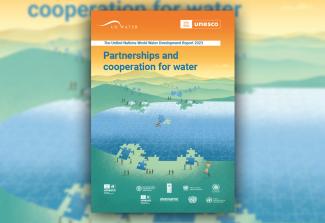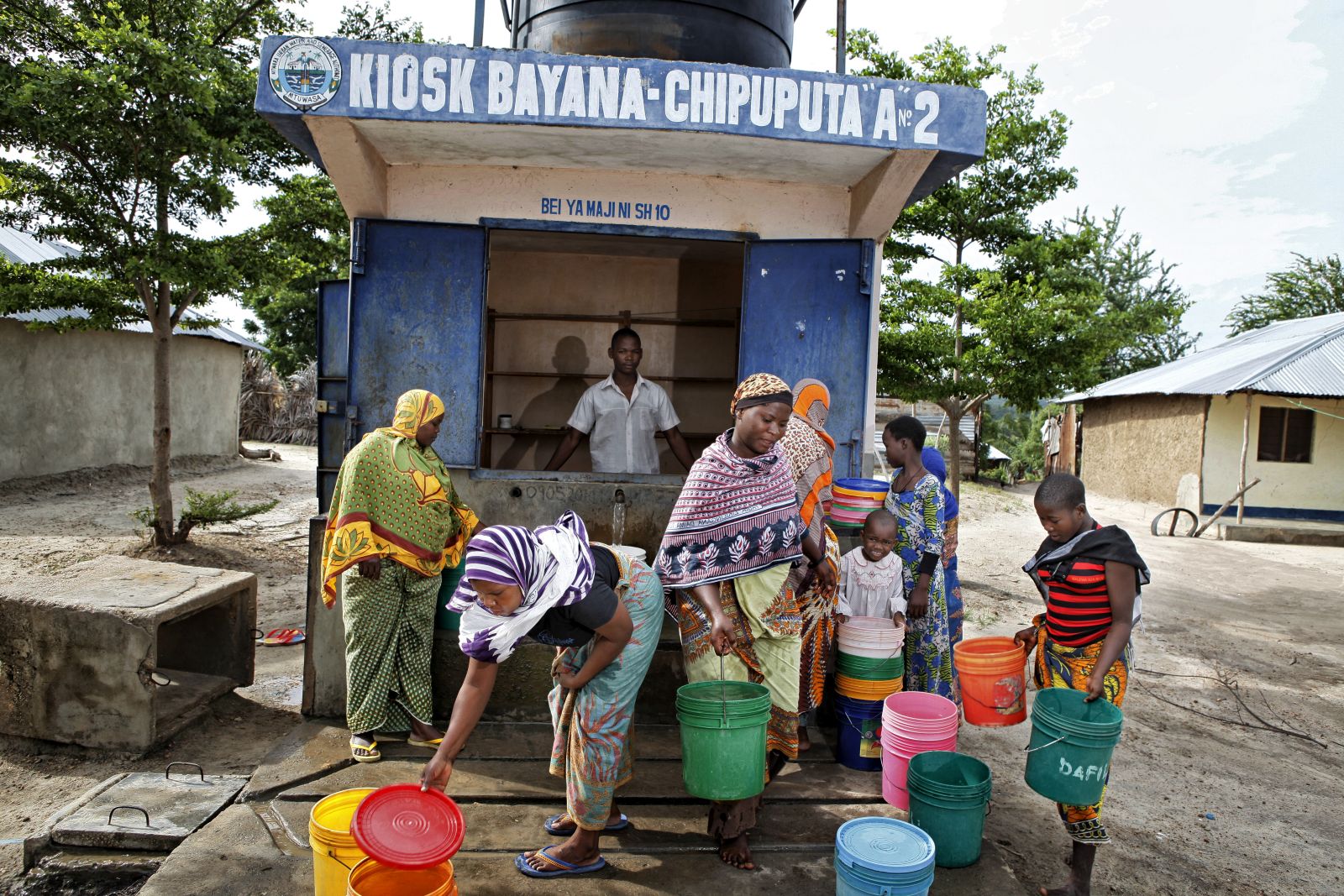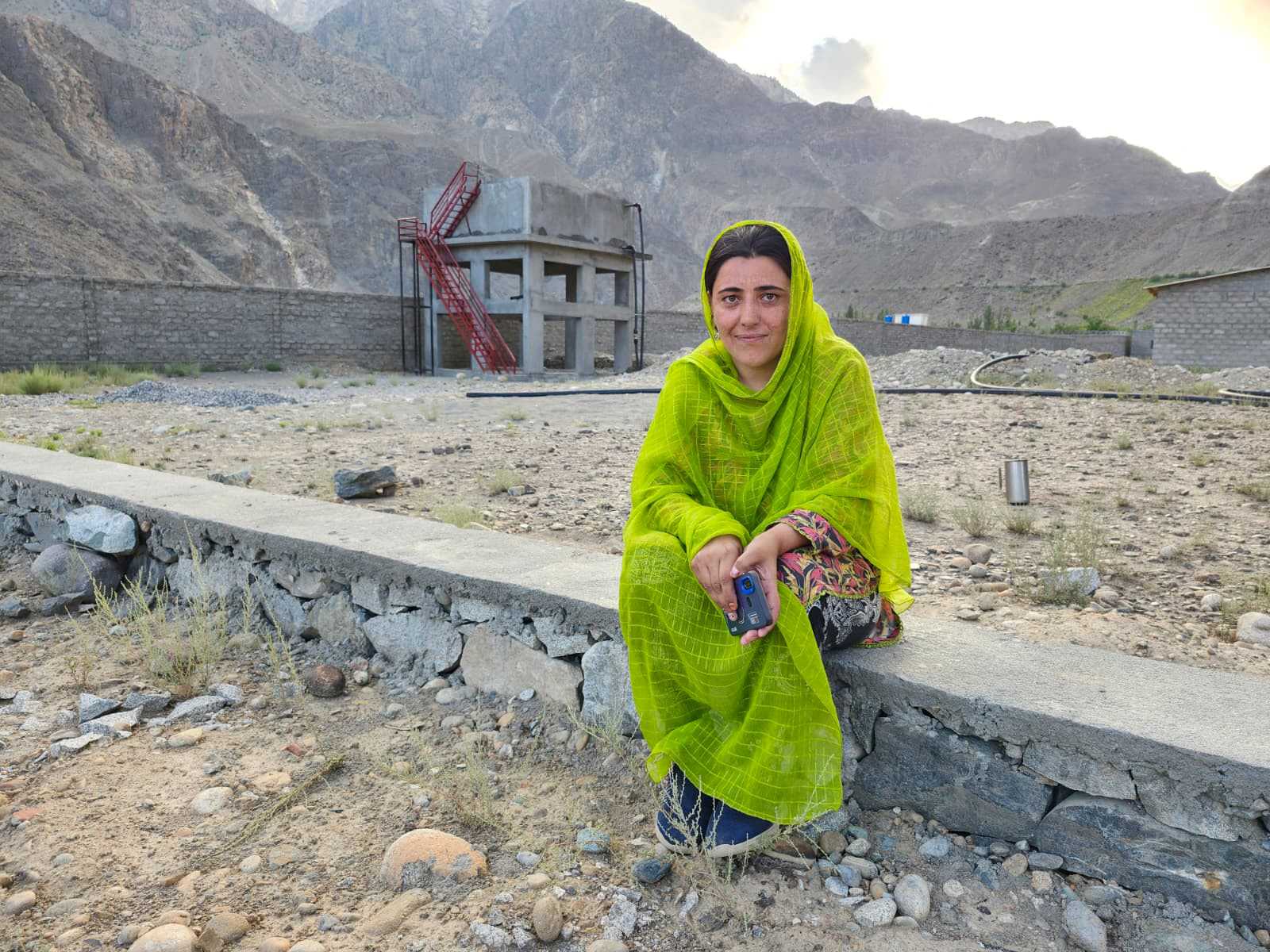Basic needs
At current trends, water SDG will not be achieved

Water is vital for life and therefore crucial to achieving the Sustainable Development Goals (SDGs) of the UN, including for example:
- SDG1 (no poverty): Access to safe water and sanitation is crucial for reducing poverty and improving livelihoods, particularly for the most vulnerable populations.
- SDG2 (zero hunger): Agriculture is the largest user of water globally, and sustainable water management is essential for achieving food security and reducing hunger.
- SDG3 (good health and wellbeing): Safe water and sanitation are necessary for preventing waterborne diseases and improving health.
- SDG13 (climate action): Sustainable water management is crucial for adapting to and mitigating the impacts of climate change.
- SDG14 (life below water) and SDG15 (life on land): Water is essential for maintaining healthy ecosystems and biodiversity, both on land and in water.
Efforts must at least quadruple
Where water-infrastructure is inadequate, other water-related problems are compounded. It is therefore cause for concern that SDG6 looks unlikely to be achieved, as the UN Water Development Report 2023 warns. The authors state that efforts must at least quadruple, stating that quantified information on progress is lacking for five of 11 SDG6 targets. The document was published by UNESCO earlier this year.
According to the report, 26 % of the word population did not have access to safe drinking water, and even 46 % lacked access to proper sanitation. While 60 % of the world’s water bodies were assessed to have “good” water ambient quality, the poorest 20 countries were underrepresented in this regard. On the other hand, the extent of natural wetland areas has decreased by 80 % since pre-industrial times.
To improve matters, the report proposes innovative solutions. They include, among others, water-management approaches to reduce wastewater, use water-efficient technologies and promote water saving. It also makes sense to treat and reuse wastewater, including for non-potable purposes, such as irrigation, industrial processes and toilet flushing. The authors are in favour of collecting and storing rainwater in order to reduce the dependence on groundwater and surface water. They want ecosystems such as wetlands, forests and river environments to be used more systematically because they all have an impact on water quality and quantity. Finally, they propose the application of information technology, including for machine learning which has the potential to improve water management and governance. International development agencies, of course, have been promoting things like this for a long time.
Holistic ecological benefits
The authors point out that better water management serves related ecological purposes such as the protection of biodiversity and mitigating global heating. For innovations to materialise, however, collaborative approaches are said to be needed. They should involve governments, the private sector and civil society.
The UNESCO document acknowledge that cooperation is easiest to achieve when partners share interests. However, competing interests must be reconciled too – and that may prove particularly difficult when one party only sees the water aspect as a side issue. The report makes proposals on how to take a “whole of society approach” to governance in one of its chapters. Other chapters deal with topics such as food and agriculture, environment, human settlements, industry and health.
The overarching goal is to practice integrated water resource management. Prudent regulation and sufficient infrastructure investments are needed. Local communities must be involved in decision-making, the UN authors insists. Development cooperation can make a difference too.
Prince Thompson is a Ghanaian student at Ruhr Universität Bochum. His masters programme in development management is affiliated to AGEP, the German Association of Postgraduate Programmes pertaining to international development.
prince.thompson94@yahoo.com












